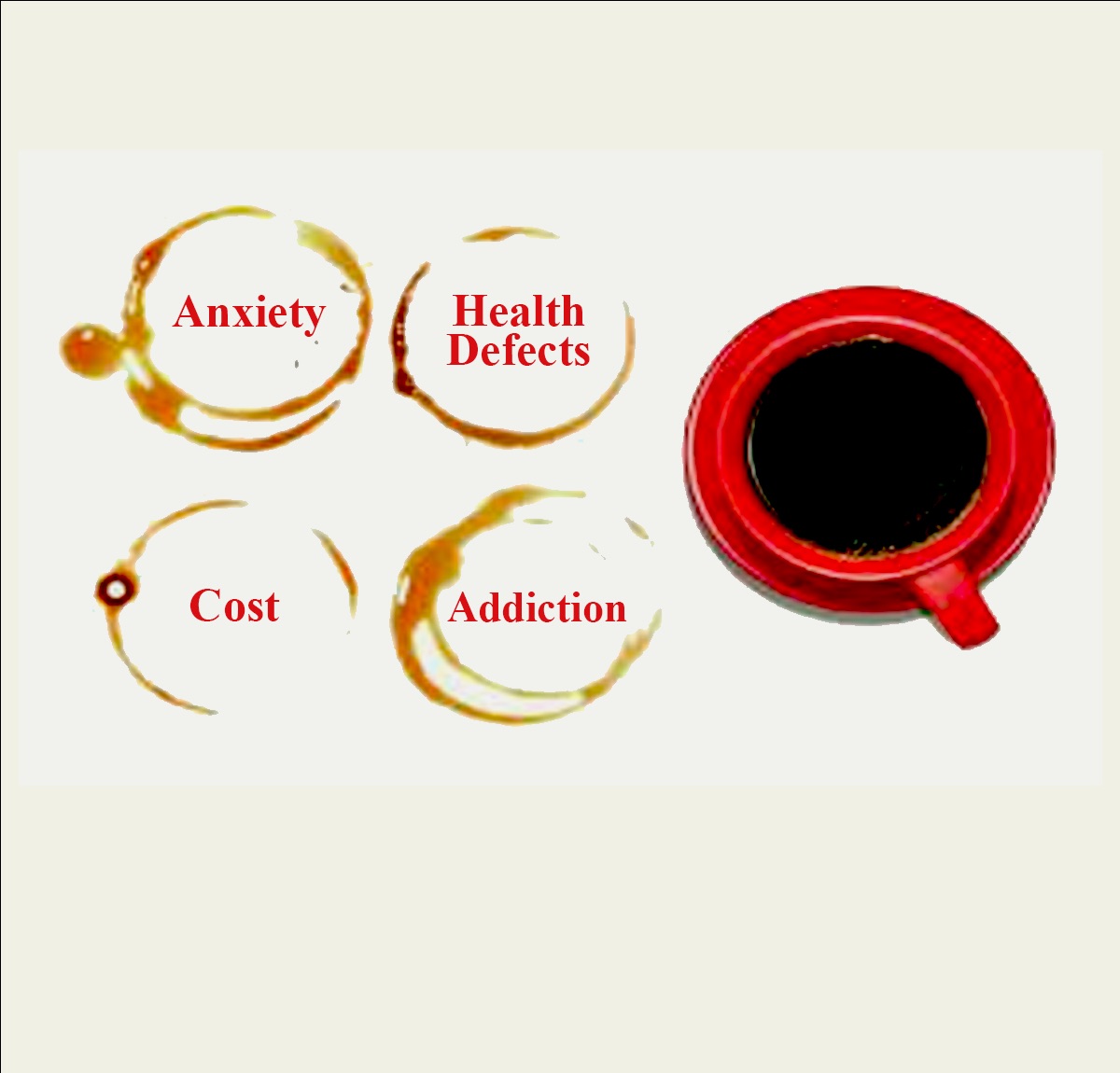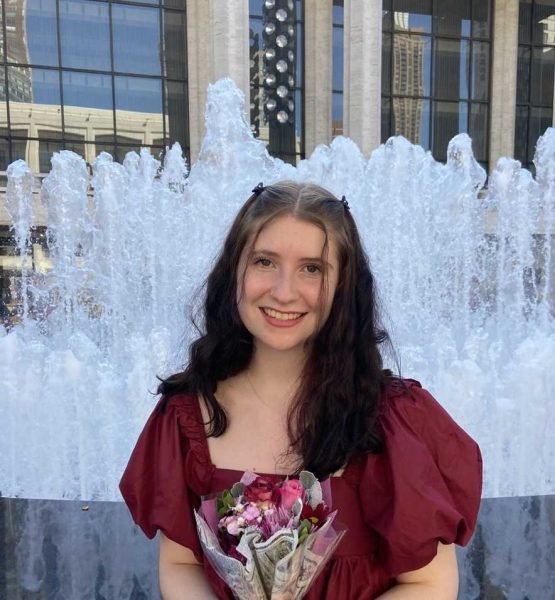It’s a sunny Sunday morning in the early 2000s, birds are chirping and your nose is filled with the sweet bitter aroma of coffee. You then ask your mom if you can have a sip from her mug. She obliges as you taste the warm, dark brown liquid and your face twitches and squirms in disgust. “You’ll like it when you’re older,” she said.
Throughout my adolescence, I continued to attempt drinking coffee in its many forms desperate to find one I liked: iced, hot, black, cappuccino, espresso, latte. To no avail, I overall had the same reaction I had as a child. When I envisioned myself as an adult, I always pictured a woman with a cup of coffee in hand just like my mother — now I am almost 20, and I still hate how the brewed beverage tastes.
A study conducted by the National Library of Medicine determined that within the month of the investigation 69% of young adults ingested coffee or espresso, while a whopping 86% reported having caffeine.
Unlike other college students, my distaste for coffee has forced me to not need to rely on a caffeine fix. While my schedule requires staying up late and waking up early the next morning, I reduce the effects of my drowsiness by going on a walk or listening to upbeat music to keep my energy levels sufficient to get me through my busy days.
There are several health benefits to not drinking coffee, according to Newcastle Industrial Benefits, a health insurance company. When it comes to the physical body, although it may seem surprising, removing coffee from your daily routine brings you more balanced energy levels. Nutritionists have explained that the molecules found in caffeine attach themselves to energy receptors, deceiving your body into believing it has more energy than it actually does.
Hungry for Change, a nutrition publication, also notes that caffeine addictions often lead the body to have difficulty relying on natural sources of energy. Eliminating the caffeine fix from coffee will ultimately take your body out of this confusing cycle and, in turn, provide stabilized energy levels.
Drinking coffee reduces vitamin B6 levels, calcium, iron and magnesium.
Coffee has also been proven to interfere with and deplete certain vitamins and minerals in your body, according to a review on the effects of caffeine conducted by Tsedeke Wolde, a lecturer of nutrition at Wollega University in Ethiopia. Drinking coffee reduces vitamin B6 levels, calcium, iron and magnesium. These components are essential to our bodily functions and processes — not having them will cause extensive issues in the long run.
In addition to the physiological effects, removing coffee from your diet also improves your mental health. As someone who suffers from anxiety, the coffee jitters and the increased heart rates don’t sound too appealing. In fact, according to the American Medical Association, caffeine is a stimulant that is meant to activate some of the chemicals in your brain which generally speeds up everything, even in moderate amounts. The rapidity that coffee induces raises anxiety levels.
If none of these benefits are convincing enough to persuade you to remove coffee from your diet, here is one more that I think surpasses the rest: not drinking coffee saves you $2,190 annually if you spend $6 on a cup each day. It’s no surprise that inflation has hiked up the price of the average cup from $3.12 in 2018 to $6 in 2024. Depending on which cafe you frequent and the particular elements of your order — the size of your cup, added flavors, choice of milk, ice, etc. — spending at least $6 a day on coffee can seriously rack up, even if it doesn’t seem costly at the moment.
All of these harmful effects of drinking coffee make me a proud coffee hater. It would be favorable for all college students, and everyone who chooses to rely on coffee in general, to reevaluate their coffee addiction that has been so normalized within our society.
I used to be quite embarrassed and insecure about my resistance to drinking a good ol’ cup of morning Joe to say the least. I’m no stranger to the “What, how do you not like coffee? That’s so weird!” comments. However, having to awkwardly decline anything to do with coffee has turned me in the direction of other beverages that don’t have such harmful risks.
I’ve learned to embrace my coffee revulsion and have grown to value the benefits that accompany it as well as the drinks that I wouldn’t have tried without it. If you invite me to get coffee with you, there is a 100% chance I will order an iced chai latte instead.


